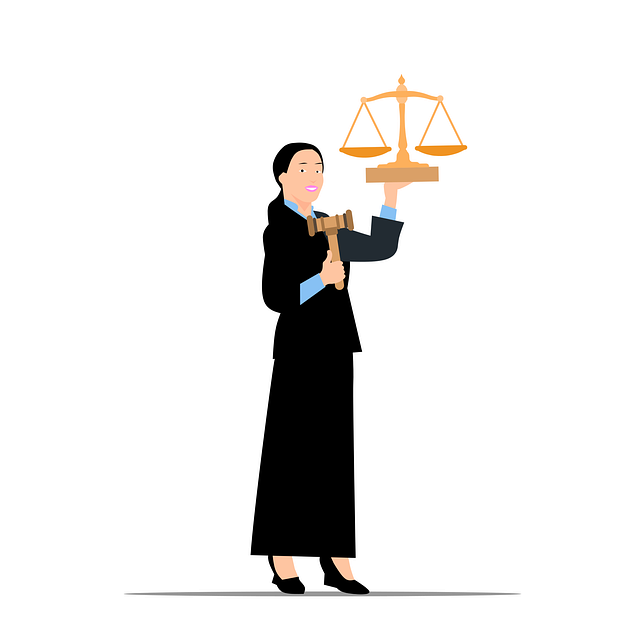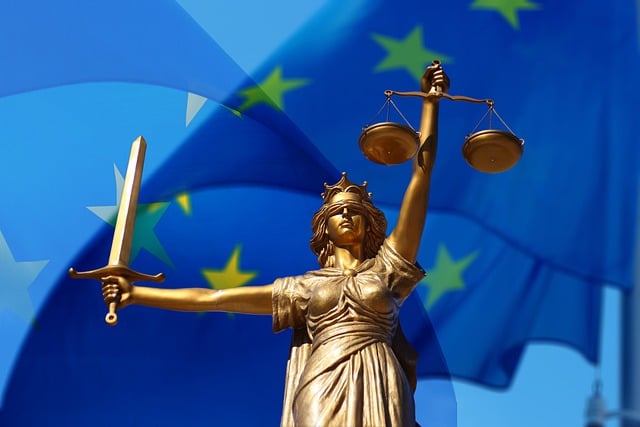Regulatory fraud laws protect consumers and investors through accountability for misleading practices, with key concepts including fraudulent misrepresentations and material information. The Statute of Limitations for libel cases, varying by jurisdiction (1-10 years), dictates timelines for legal action in cases of financial transactions or widespread consumer deception. Understanding these terms is crucial for both plaintiffs and defendants in high-stakes cases where prompt reporting, thorough documentation, and strategic planning are vital to navigating deadlines and achieving justice under stringent legal ramifications. Proactive measures like compliance programs, employee training, and continuous monitoring prevent regulatory fraud by identifying and mitigating risks before escalation into white-collar and economic crimes.
Regulatory fraud laws are a cornerstone of maintaining integrity in business and governance. This article delves into the intricacies of these laws, focusing on key definitions, elements of libel, and the crucial Statute of Limitations for libel cases. We explore legal consequences, from penalties and fines to prevention strategies emphasizing compliance and due diligence. Understanding these aspects is vital for businesses aiming to navigate regulatory landscapes ethically and effectively.
- Understanding Regulatory Fraud Laws: Key Definitions
- Elements of Libel: Proving False Statements
- The Statute of Limitations: Time Constraints for Cases
- Legal Consequences: Penalties and Fines Explored
- Prevention Strategies: Compliance and Due Diligence
Understanding Regulatory Fraud Laws: Key Definitions
Regulatory fraud laws are designed to protect consumers and investors by holding businesses and individuals accountable for misleading or deceptive practices. At their core, these laws include key definitions such as “fraudulent misrepresentations,” which refer to false statements made with intent to deceive. Another crucial term is “material information,” which relates to facts that could impact a person’s decision-making process. Understanding these terms is essential when navigating high-stakes cases involving corporate and individual clients across the country.
The Statute of Limitations for libel cases also plays a significant role in regulatory fraud laws, dictating the time frame within which legal actions can be taken. This varies by jurisdiction but generally requires claimants to bring suit within a specific number of years after discovering the fraudulent activity. Awareness of these legal parameters is vital for both plaintiffs seeking justice and defendants ensuring compliance, as it can greatly impact the outcome of cases involving complex financial transactions or widespread consumer deception.
Elements of Libel: Proving False Statements
In regulatory fraud cases, proving false statements is a key element to establish libel. To succeed in such claims, plaintiffs must demonstrate that the defendant made a false statement about them and that this statement was published with malice or recklessness. The standard for establishing libel varies slightly across jurisdictions but generally requires showing that the statement is defamatory—meaning it harms the plaintiff’s reputation—and that it caused some harm to their business or personal standing.
Unlike in general criminal defense cases, libel claims often focus on civil liabilities and do not require proving criminal intent. However, the Statute of Limitations for libel cases can vary from state to state, typically ranging from one to two years, which emphasizes the importance of prompt action after the false statement has been published. In high-stakes cases, where substantial reputational damage is at stake, understanding these elements and the applicable statute of limitations becomes crucial for both plaintiffs seeking justice and defendants ensuring their rights are protected in jury trials.
The Statute of Limitations: Time Constraints for Cases
In many jurisdictions, the Statute of Limitations places a strict time constraint on bringing legal cases, especially for complex matters like regulatory fraud. This legal principle dictates that a lawsuit must be initiated within a specified period after the alleged fraudulent activity occurred. The exact duration varies across the country, but typically ranges from one to ten years. For libel cases stemming from regulatory fraud, understanding and adhering to this time frame is crucial. Failure to file within the Statute of Limitations may result in the complete dismissal of all charges.
The Statute of Limitations for libel cases is particularly relevant in white-collar defense, where lengthy investigations often delay proceedings. Defendants must be aware of these legal deadlines to mount a robust defense and protect their rights. Navigating these time constraints requires strategic planning and prompt action, especially when dealing with intricate financial schemes that can span years or even decades.
Legal Consequences: Penalties and Fines Explored
The legal consequences of regulatory fraud are severe, with penalties and fines designed to deter such activities. These punishments vary depending on the severity of the offense and can include substantial monetary fines, imprisonment, or both. The criminal justice system plays a pivotal role in holding individuals and organizations accountable for fraudulent practices by employing all stages of the investigative and enforcement process. This ensures that justice is served and serves as a deterrent to potential perpetrators.
The Statute of Limitations for libel cases also comes into play, setting deadlines for victims to pursue legal action. This temporal restriction underscores the importance of prompt reporting and investigation in fraud cases. Achieving extraordinary results in these proceedings often hinges on meticulous documentation, swift reporting, and robust legal representation. Jury trials further add a layer of public scrutiny, enhancing transparency and accountability in the enforcement of regulatory fraud laws.
Prevention Strategies: Compliance and Due Diligence
Preventing regulatory fraud requires a multi-faceted approach that starts with robust compliance programs and thorough due diligence. Companies must establish clear policies and procedures to ensure adherence to relevant laws and regulations, with regular training sessions for employees at all levels. This includes staying informed about changes in legislation and industry standards, as well as implementing strong internal controls to detect and prevent fraudulent activities.
A key strategy is the Statute of Limitations for Libel Cases, which sets deadlines for filing legal actions. Understanding these timeframes empowers businesses to act swiftly in cases of suspected fraud. By conducting meticulous background checks and ongoing monitoring, companies can identify potential risks and take corrective measures before they escalate into high-stakes white collar and economic crimes. Achieving extraordinary results in fraud prevention necessitates a proactive stance, where due diligence is not just a one-time effort but an ongoing process integral to the organization’s culture.
Regulatory fraud laws are designed to protect the integrity of business operations and public trust. By understanding key definitions, elements of libel, and time constraints like the Statute of Limitations for Libel Cases, businesses can better navigate compliance. Implementing robust prevention strategies through enhanced compliance and due diligence practices is essential to mitigating risks and ensuring legal repercussions, including penalties and fines, are effectively deterred.






